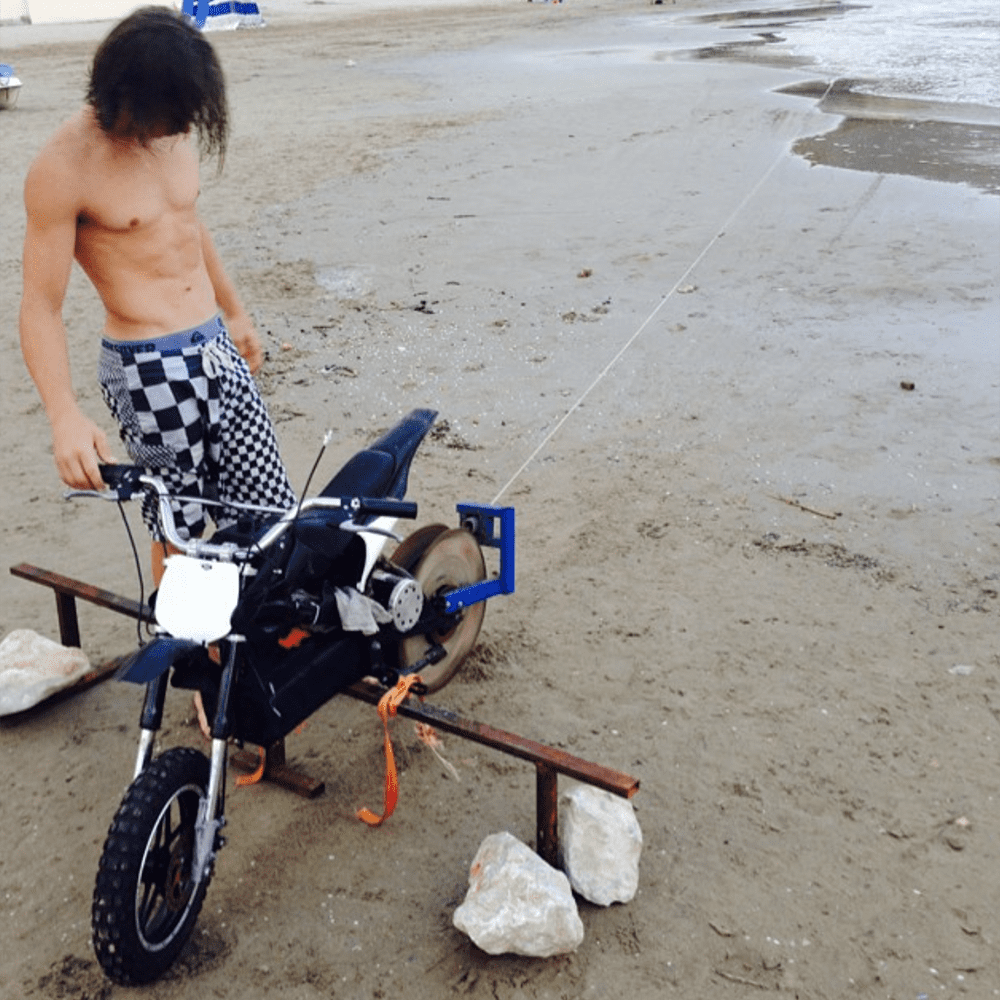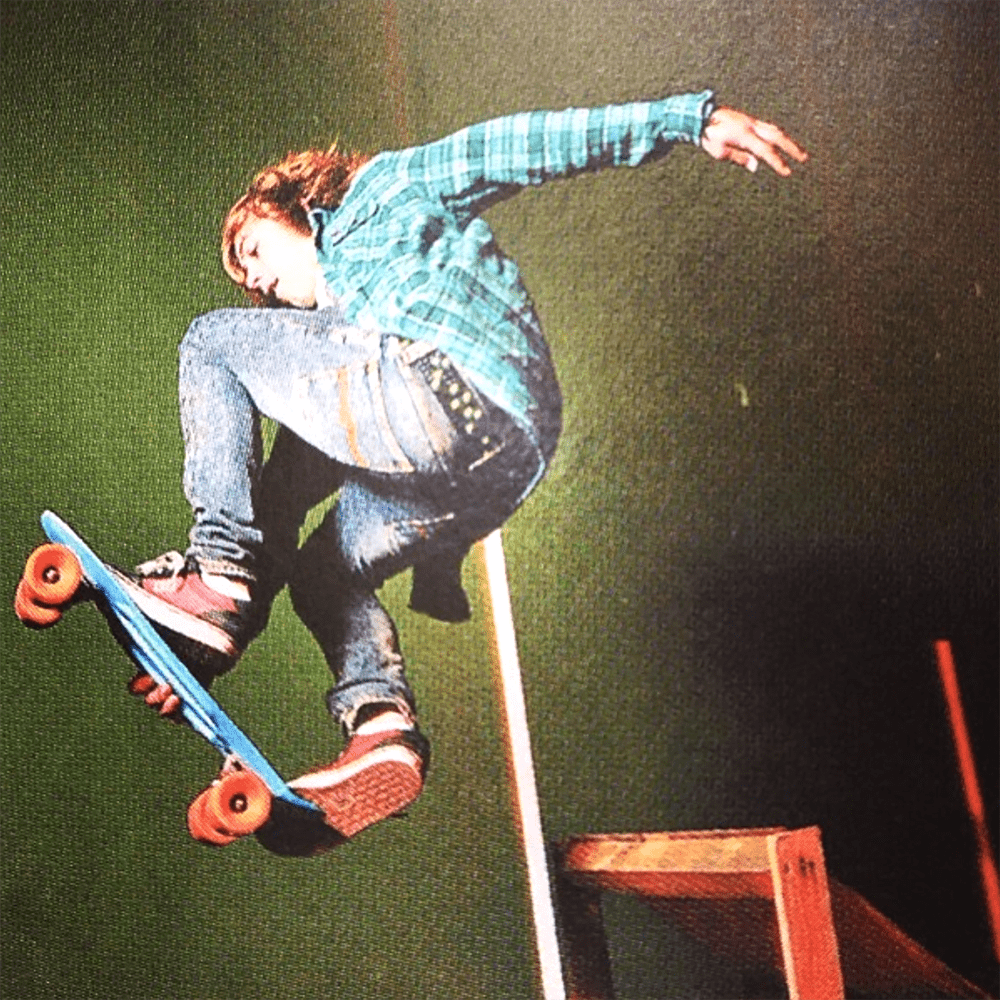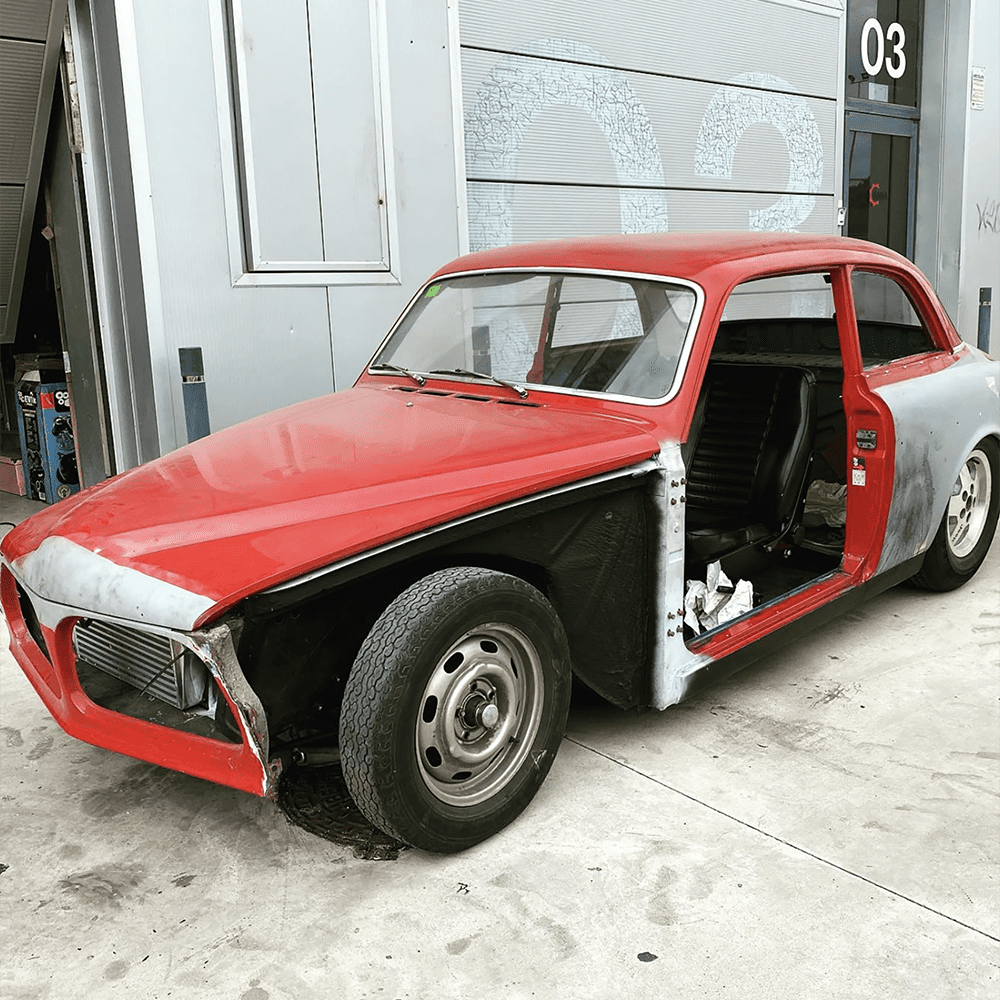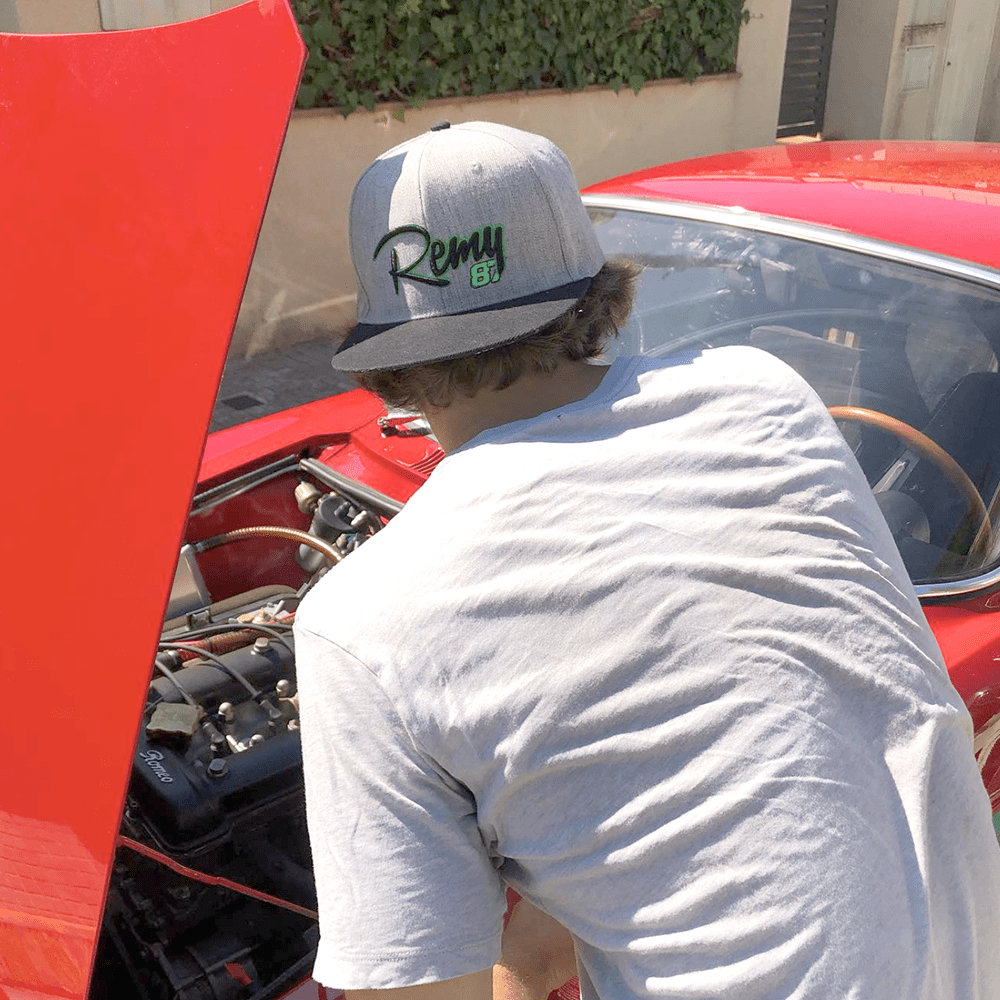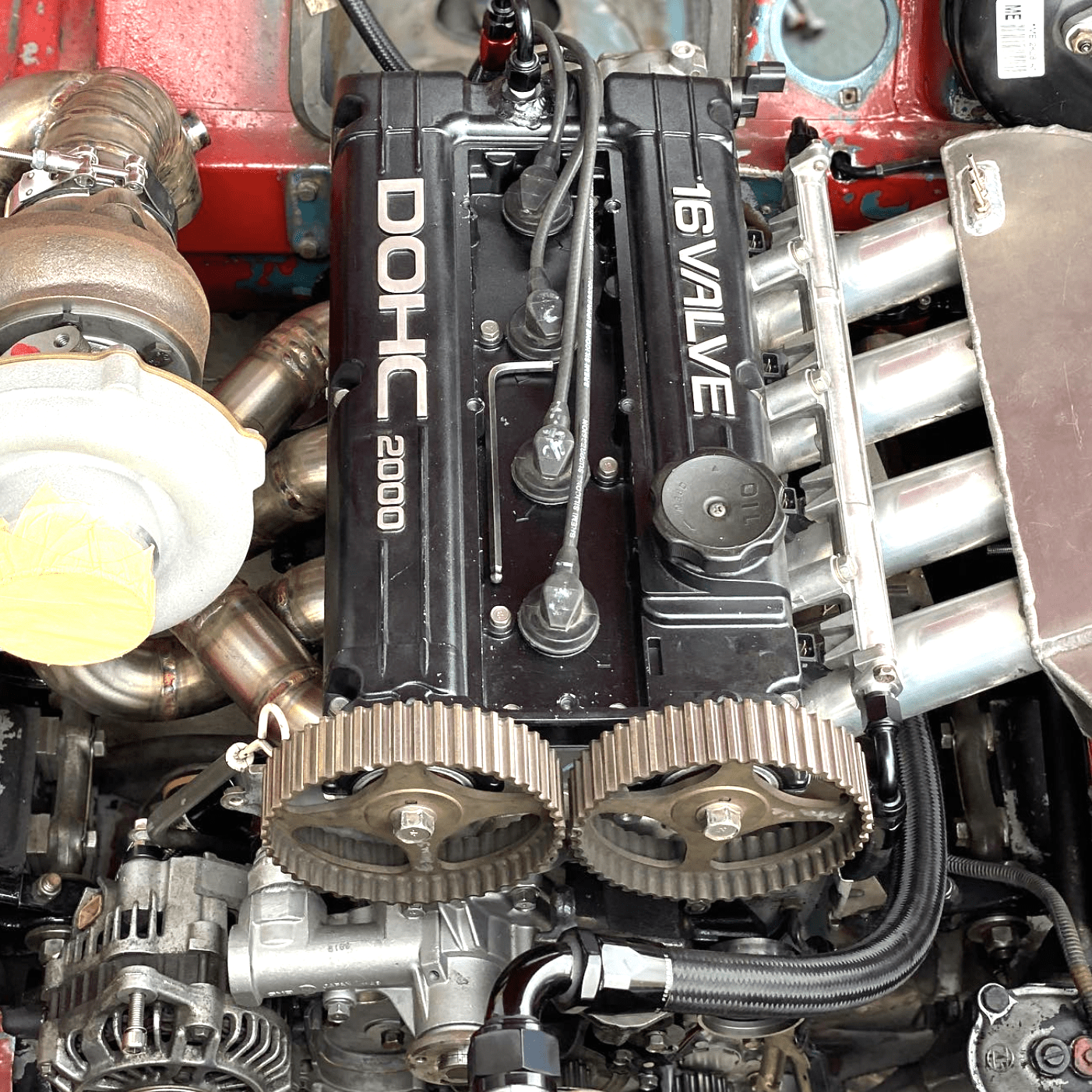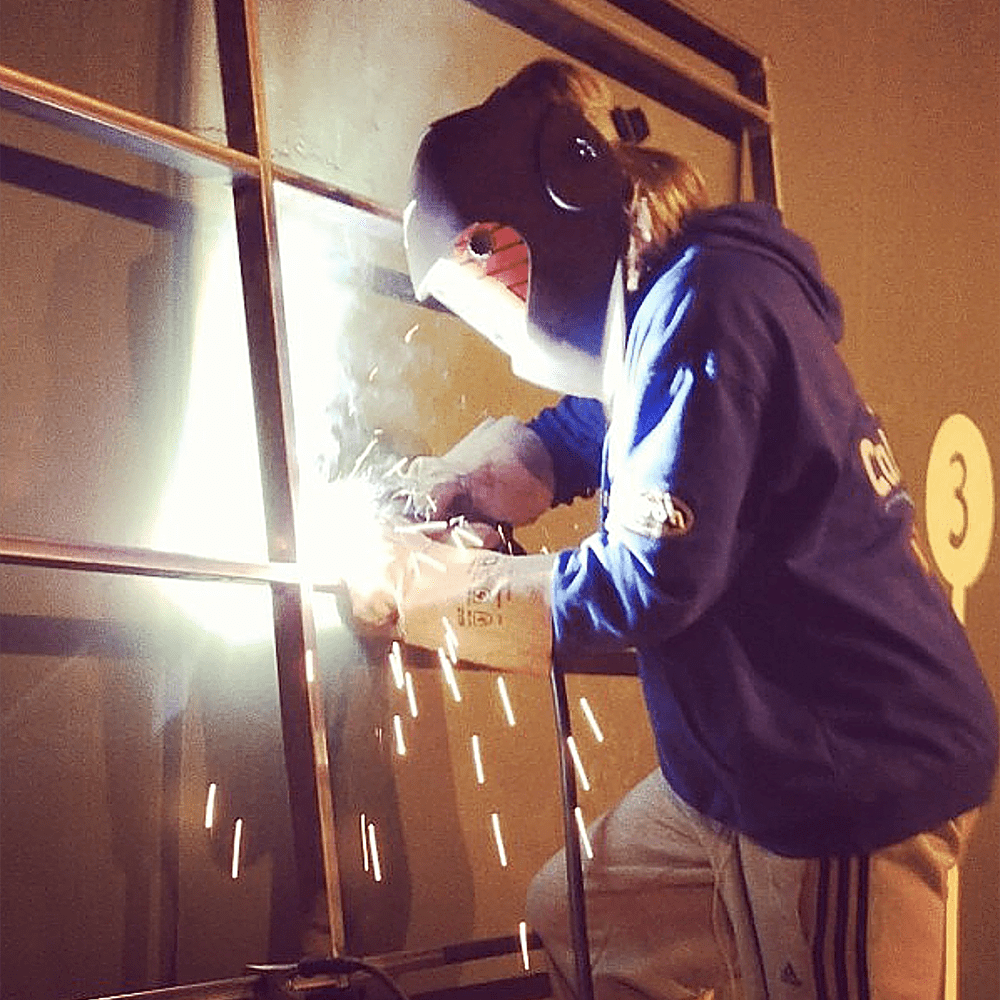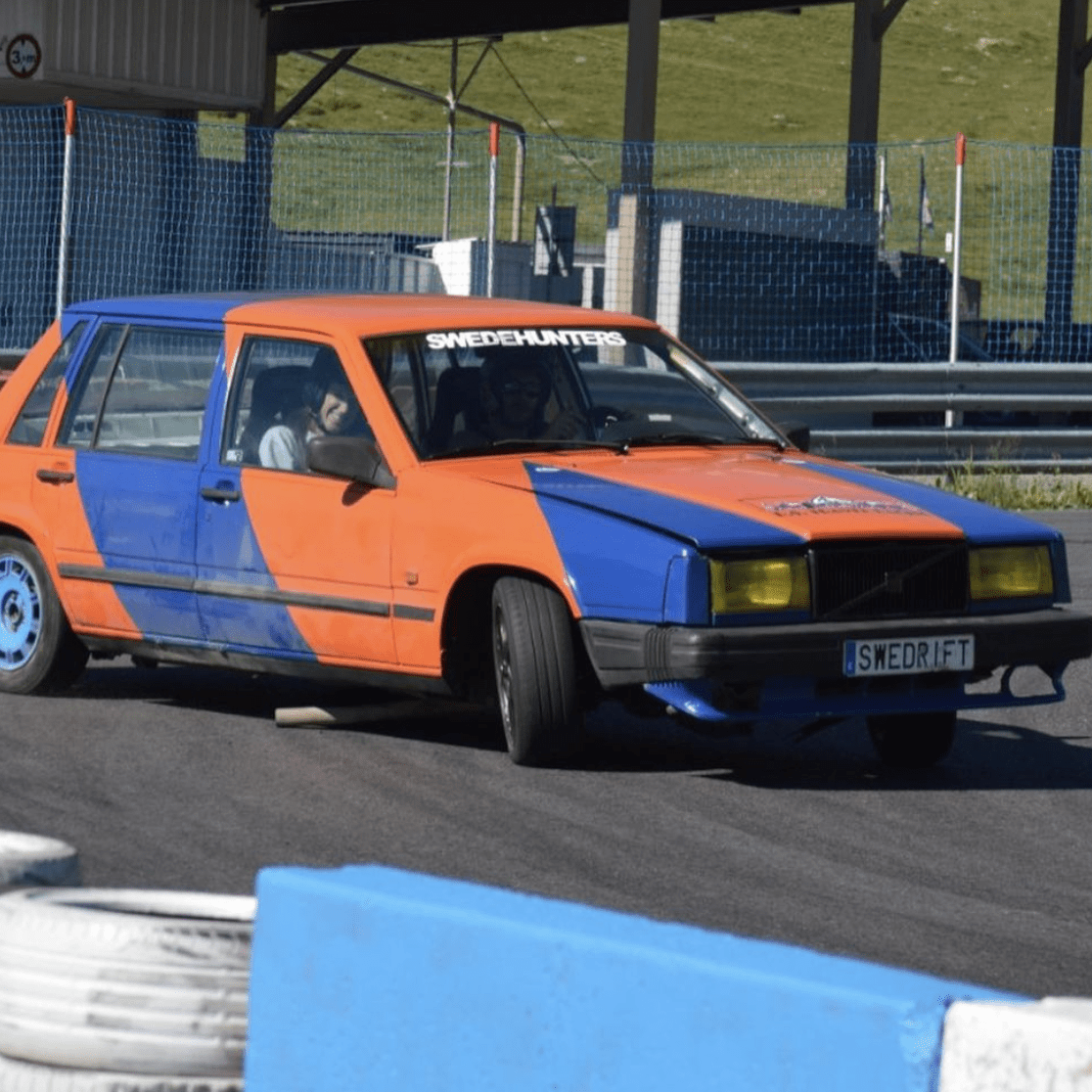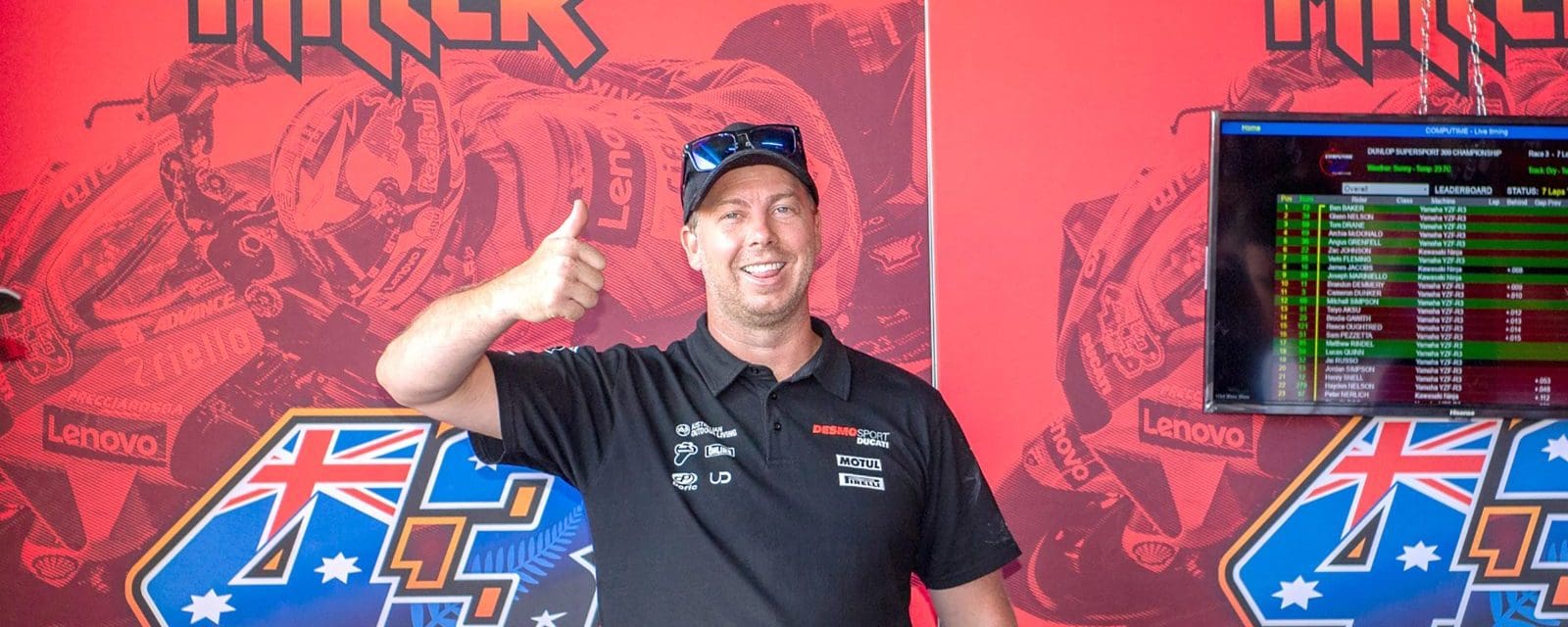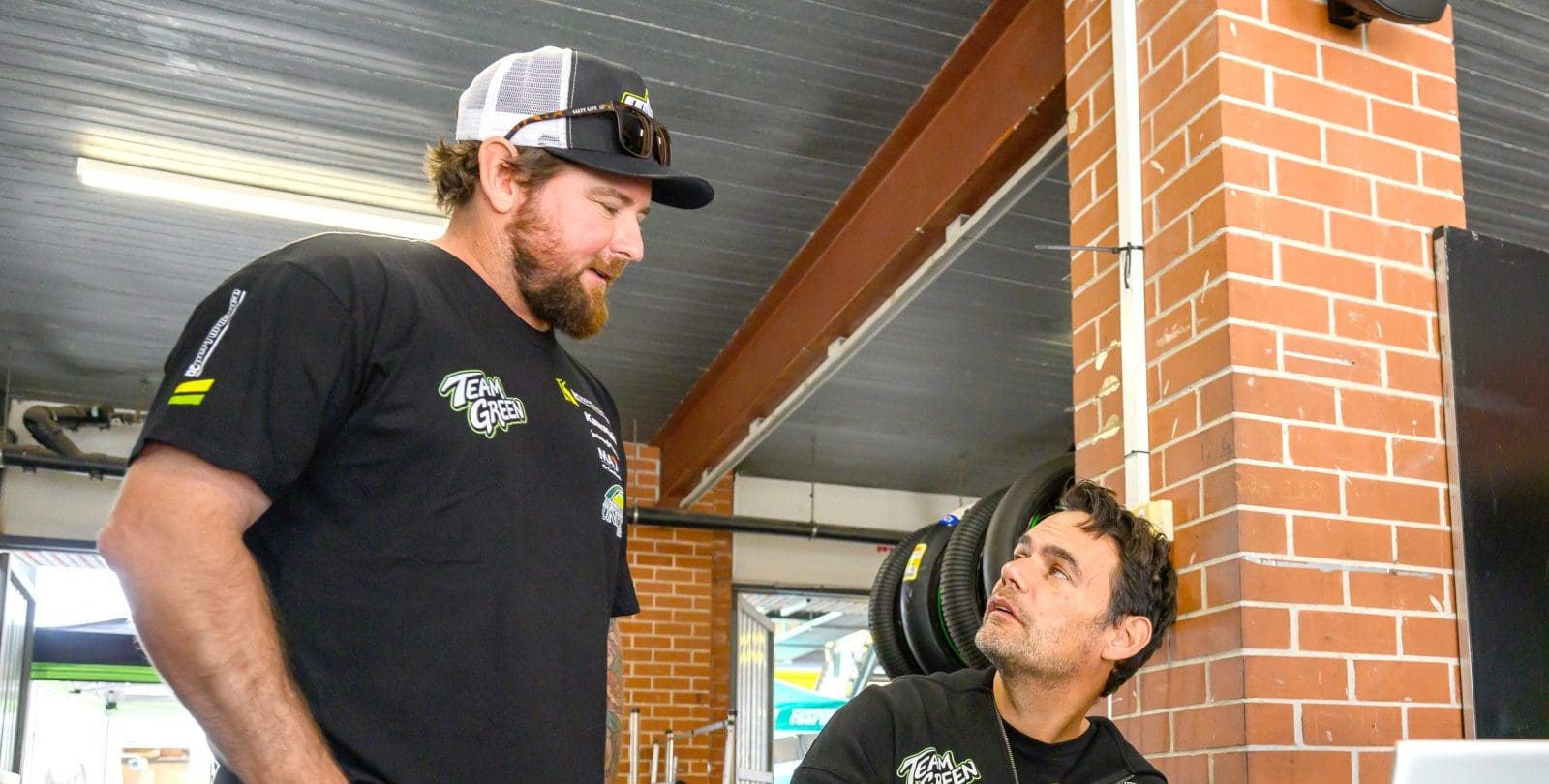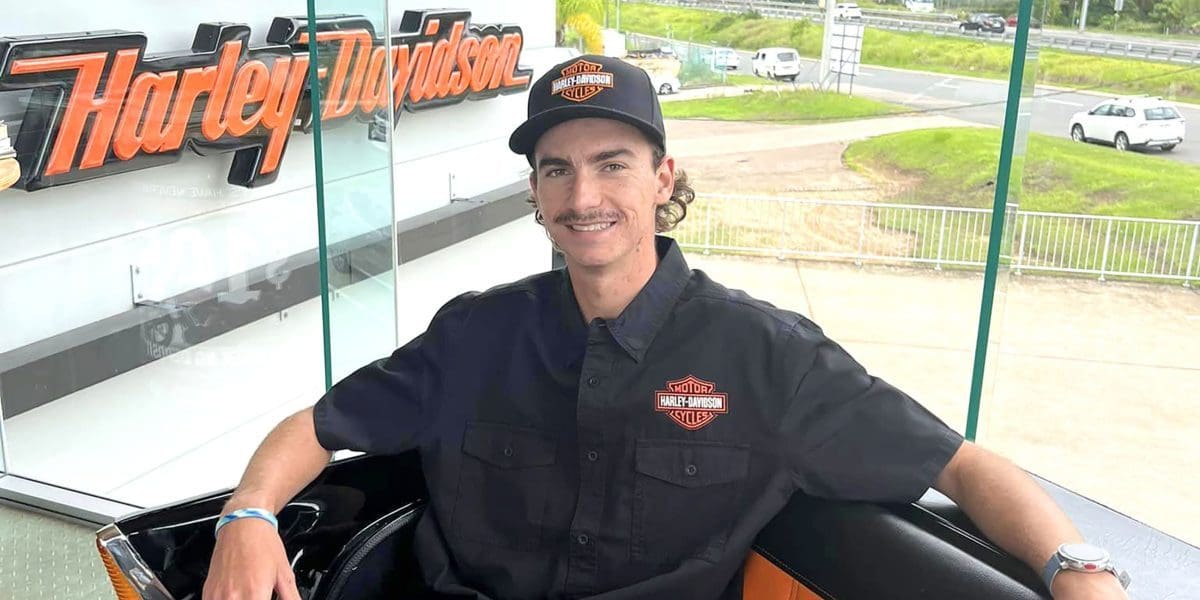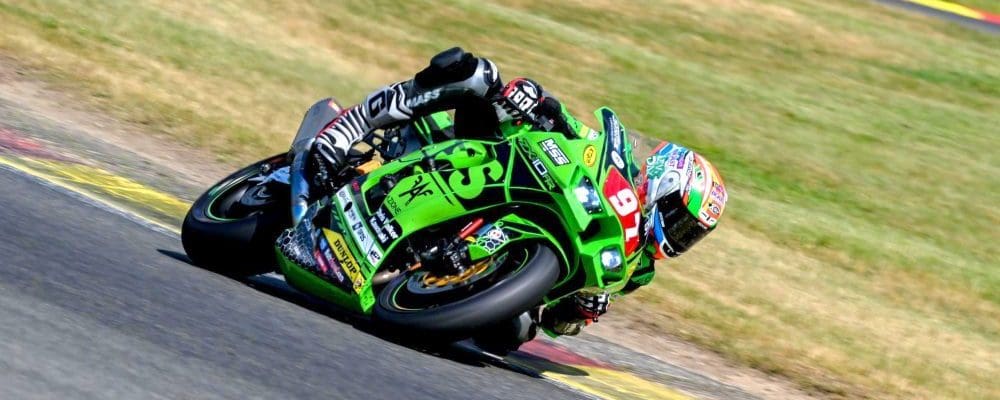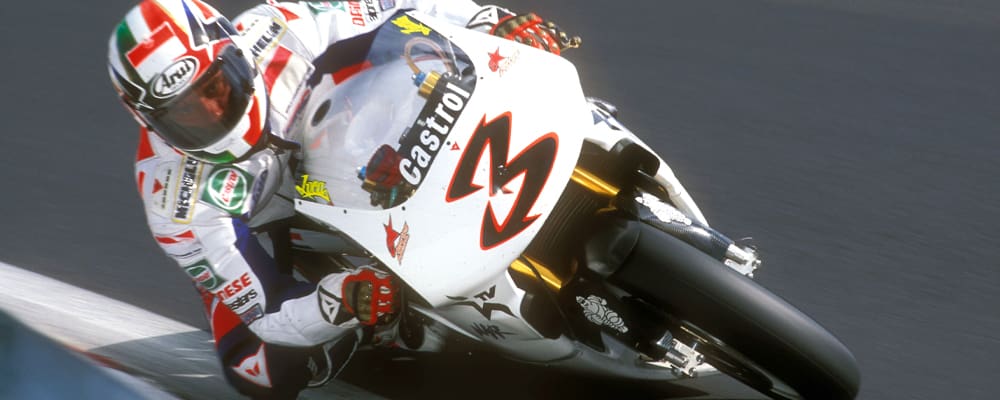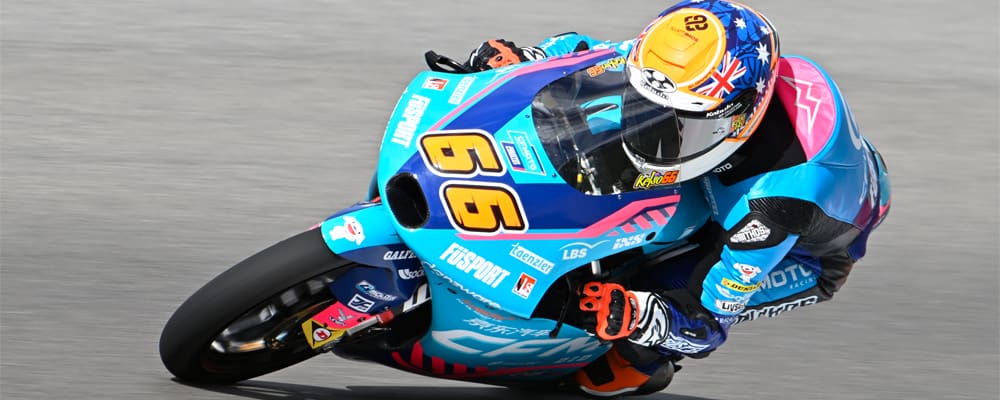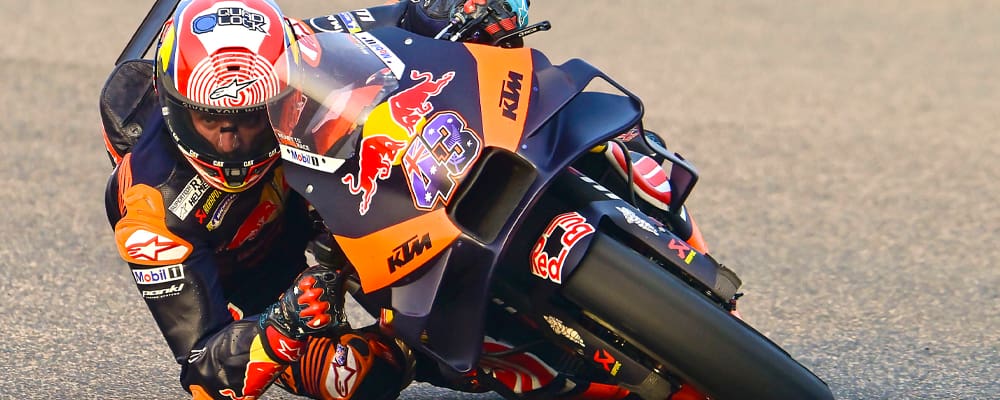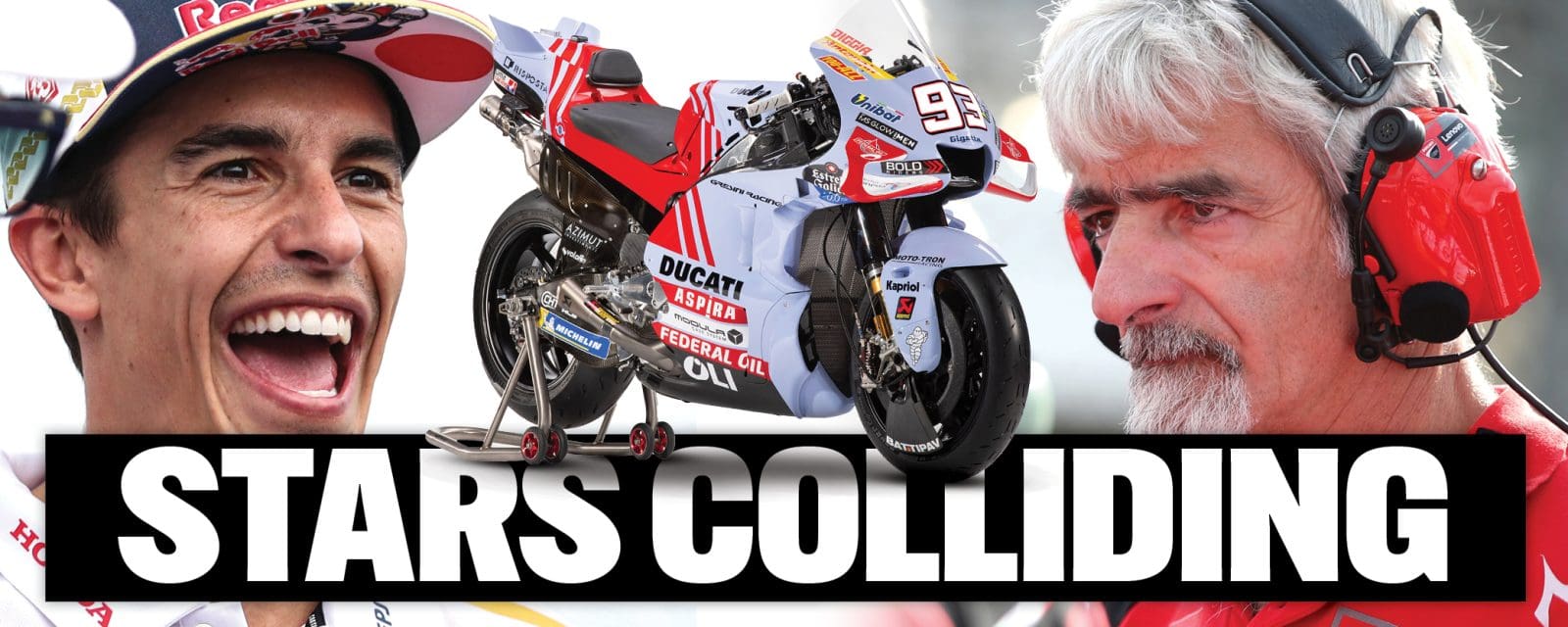We interview Remy Gardner about his home hobbies off the track.
In 2008, a 10-year-old kid saw something on the internet that he thought was cool, so went and found his dad. With a genuine tone in his voice, the kid pointed to the screen and said to his old man: “I want to build this, dad.” So it was off to the hardware store where they purchased the timbers and bits and pieces to build a large, oversized and somewhat ridiculous piece of garden furniture in the shape of a huge chair.
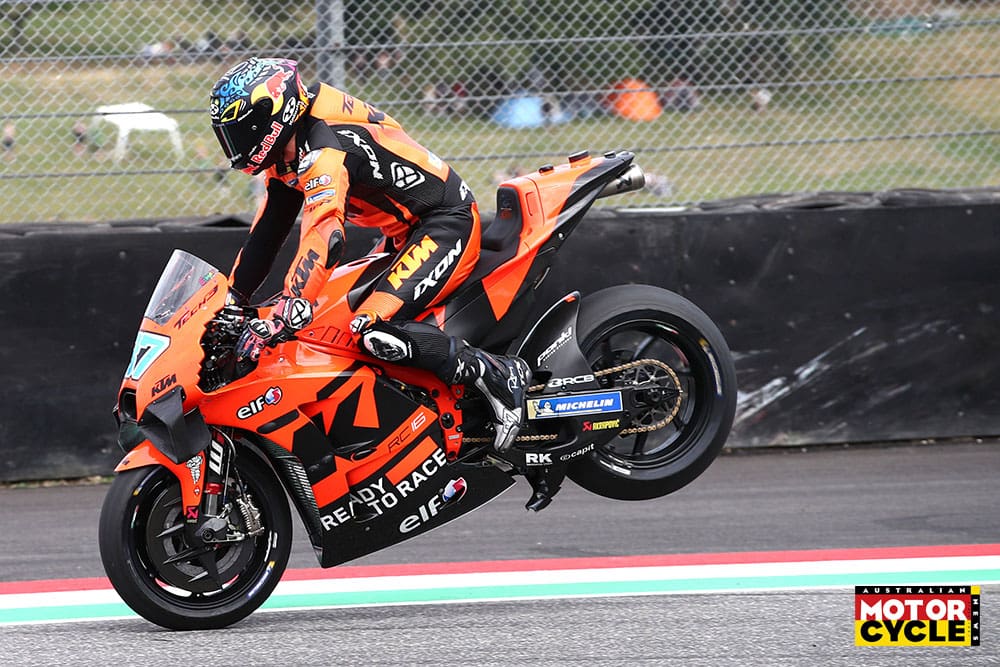
Fourteen years later, it’s still sits pride of place in the garden and for the reigning Moto2 World Champion, represents so much more than a big chair. Because while Repsol Honda’s Pol Espargaro finds his escape from the pressures of high-profile motorsport through classical piano, or Red Bull KTM rider Miguel Oliveira has opted to firm up his post-racing future with a degree in dentistry, for Aussie star Remy Gardner, it’s all about building cars. Did it really start with a chair?
“Sure,” he grins. “I always liked to work on things as a kid – and that’s a f***ing good chair – we still have it in Australia. It was really well built for a 10-year old. It all started there.”
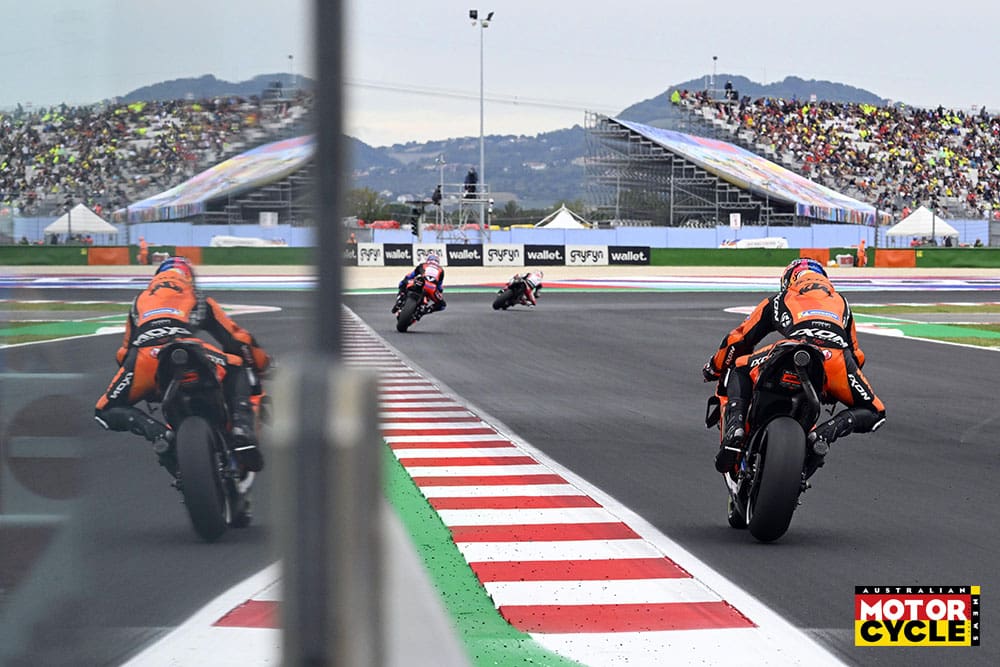
Of course it helped having a 500cc world champion as a father, someone who understood – or even instigated – Remy’s curiosity in all things mechanical. Like most kids, it started with pushbikes and remote-control cars, but instead of binning them or getting upset when something stopped working, Remy would take them apart and fix them. And sometimes just for the heck of it.
“I’d take my bikes apart. Radio control cars taken apart and put back together – the nitro ones,” he grins. “For my 16th birthday I asked for a welding machine, so my parents bought me a welder. I started designing on the computer around then as well, CAD [computer-aided design].”
And once he starts remembering the early days of building things, he becomes more animated and forthcoming, and there’s a clear sense this guy is gifted in more ways than just pedalling motorcycle at a decent clip around a racetrack.
“When I was 16 or 17 I bought an electric motorbike from China. It broke down after a week, the chassis bent in half, so I used it to build a wake winch,” he continues. “I put a reel on the back wheel, then I tied a thick 50m rope to it and put it on a stand. I said ‘go’, and I ran down the beach, then jumped on a skinboard and went across the beach.
“After that, I built a proper one with a 13hp go-kart engine and I had 230 meters of rope! You could run down the longest beach you could find with that rope, start up the engine and it would winch up the rope, and you could wakeboard basically.
“That was the first engineering project I did, where I designed parts and made a frame and whatever. It was all 3D model, no sketches on paper.”
But much like that chair and a lot of other things Remy has put his hand to, the self-taught CAD went from mucking about with the odd skateboard ramp to a full-blown skatepark.
“I started with Google SketchUp, a program which used to design my skateboard ramps. And then I built an entire skatepark in my backyard in Spain,” he said. “Before the cars, it was out of control.”
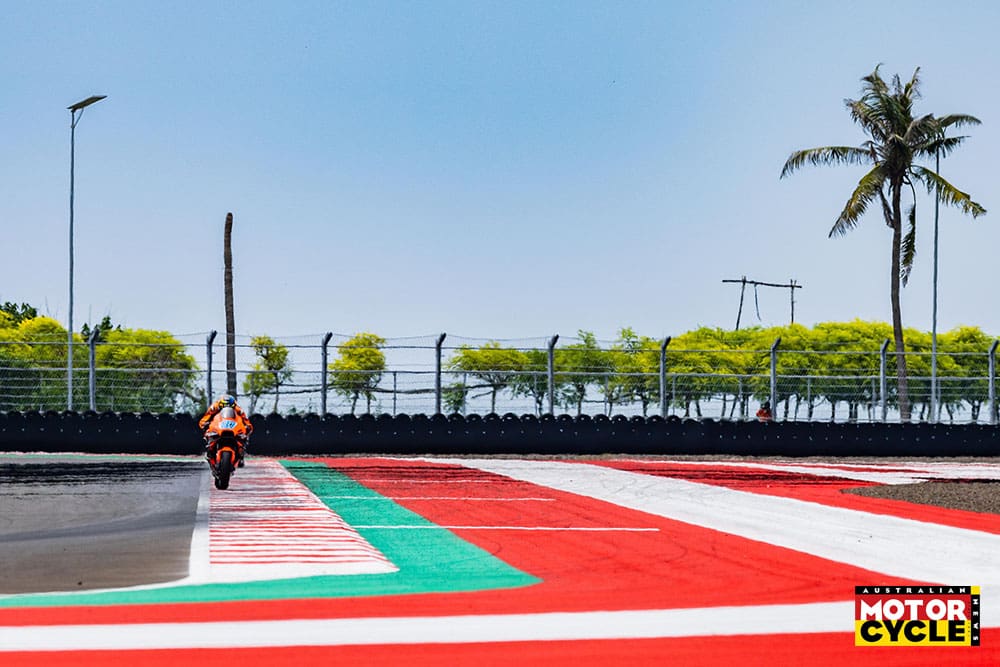
He says “before the cars” because these days, building hotrods in a rented 350 square-metre workshop in his home town of Andorra is not only his passion and his place to escape from the whirlwind that is racing a 21-round MotoGP world championship as a rookie, but there might even be a future in it for him post-racing.
“I’ve got milling machines, welding machines, grinding machines, cutting machines, work benches, car lifts, a compressor… I love it,” he beams. “It’s relaxing, challenging, and it gets my mind away from the racing. It’s my little sanctuary for the moment.”
Completely self-taught, he says, through trial and error, reading manuals, following forums and watching YouTube tutorials, Remy does a thing he calls ‘restomod’.
“I restore-slash-make the cars into hotrods,” he explains. “At the moment, I own four vehicles: a 1969 Volvo Amazon, a 1972 Alfa Romeo GTV, a 1991 Volvo 740 driftcar and a Fiat Multipla.”
Given the Fiat Multiple is a quirky-looking six-seater family wagon, it comes as a surprise end to a list of otherwise appropriate vehicles. Pointing this out only makes Remy’s smile widen.
“And it has a crocodile skin wrap around it! Well, I take it out just to embarrass my girlfriend,” he says, before launching into the story of the first of his four projects in the Volvo Amazon, and the challenges that came with it.
“It has a Mistubishi EVO 3 motor in it and the power-to-weight ratio is insane – it weighs 1100 kilos and has 450 horsepower,” he says. “Which is a little higher power-to-weight ratio than a Nissan GT-R.
“Everything was blown apart, [but] things that I kept, I cleaned and painted. Things that needed to be fabricated, I have either designed myself in CAD modelling, 3D printed, CNC or hand fabricated – I built the whole car from zero.
“It has a monocoque chassis and the frame has been stiffened. I tied the two rails together, and also the way the rear axle’s held in with bigger trailing arms and so on. The rear axle is from a Ford Explorer – it’s big. I shortened it and made all the mounts myself.”
Most people making the kind of money a reigning world champ can in motorcycling’s premier class would probably send some of the less enjoyable jobs off for someone else to complete while turning his attentions to fun stuff.
“No, I cut, weld, fabricate. It’s just me, nobody else.”
The eventual goal for the Volvo is for it to be registered for the road which it isn’t at the moment, which makes the necessary test runs a bit difficult.
“It’s nerve-racking!” he say. “It’s scary, because the police can stop you. No, I’m joking, but it feels like you gonna die.”
We’re catching up during a grand prix race weekend and he looks out the window of the media centre across the paddock and adds: “It will smoke all these BMW M cars.”
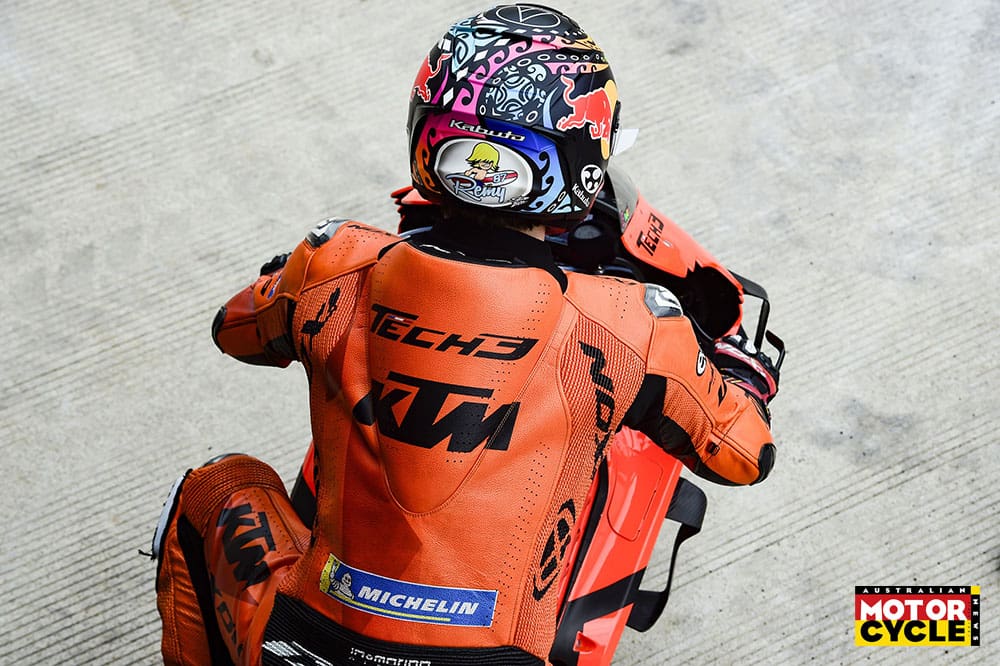
He continues talking about the Volvo, describing how he got into a small bingle when it was original and still registered, just after he purchased it.
“Mine was fine because it’s made of metal, the other one was destroyed,” he says.
It’s pretty easy to tell Remy Gardner is far happier talking about the things he finds solace in in his life, rather than the controversy that currently surrounds him and what appears to be a soured relationship with KTM. But instead of asking him about what looks like a future in the WorldSBK paddock with GTR Yamaha, I direct his attention to the Alfa Romeo.
“The Alfa wasn’t in bad condition when I bought it,” he starts. “Well, the gearbox was shit. And the engine was leaking oil through the valves so I rebuilt the gearbox, I rebuilt the diff and I rebuilt the engine.
“It’s homologated for rallying and I take it to the track sometimes. It has a roll cage, a prepped engine, a short-ratio diff, stiffened chassis, bucket seats – and that one is legal.”
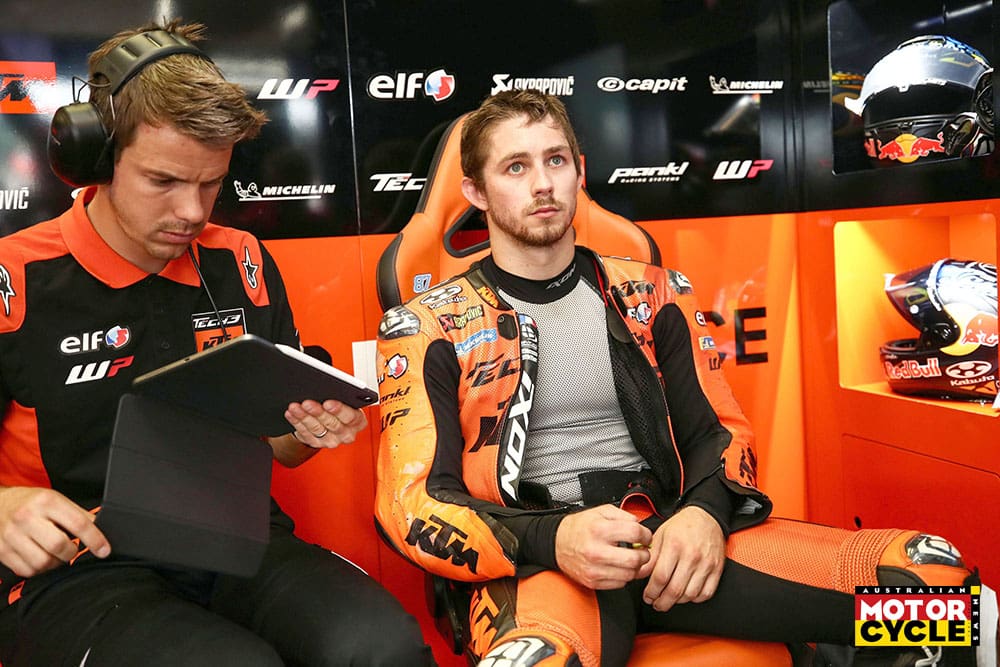
With no place left for him in the MotoGP paddock for the 2023 season, these short interview periods must be pretty stressful and, frankly, frustratingly repetitive. But talking about cars and his love building them, Remy Gardner is relaxed, his face softens and a clear sense of pride spreads across his face in what he’s achieving in that 350 square-metre workshop.
“You know, having something you accomplished is fucking badass, I think,” he states. If it was any other rookie who said that in the MotoGP World Championship, you’d be certain they’d be referring to achieving a long-held dream of finally cracking the big time. But there’s something delightfully humble about Remy Gardner that lets you know that he’s got two feet planted fairly and squarely on the ground. It was that humble grounding that allowed him to rustle the strength he needed to beat his supremely talented rookie teammate to the Moto2 World Championship last year, and the same grounding that sees him prefer to rent a car trailer when he needs one, rather than owning one.
Right now, Restomod is a hobby for the 24-year old and something he’s looking forward to being able to have more time to spend doing in the future.
“I don’t make money from it, I spend it,” he says. “Let’s call it an investment for the future. Now that I race in MotoGP I don’t have time for it, but in the last few years I did. And it can become a profession in the future.”
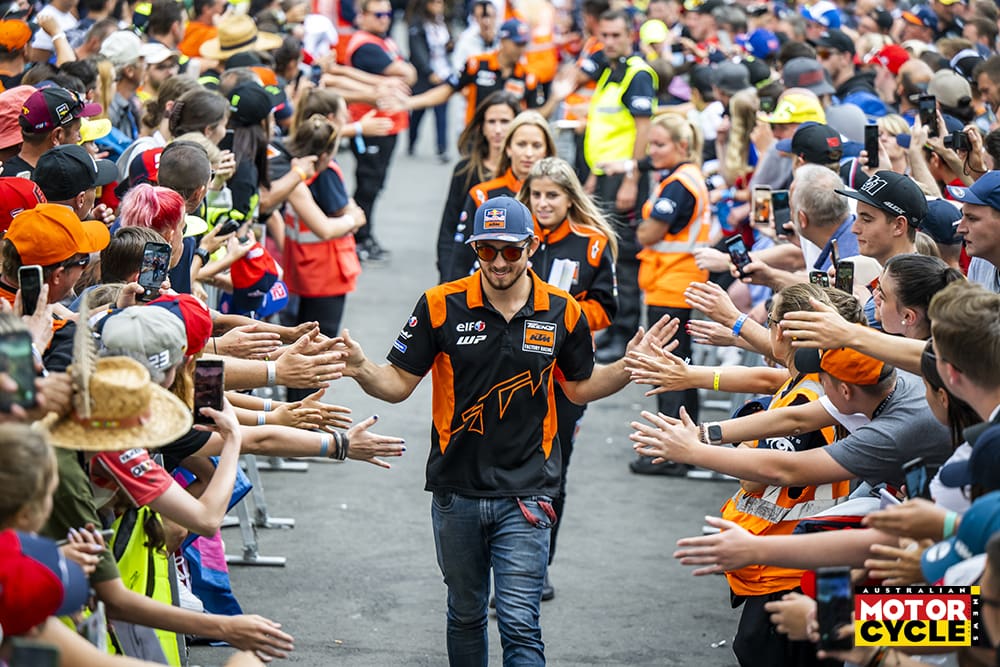
Island homecoming
One of the few racing-related question we asked him was how he’s feeling about racing at home
The last time Remy Gardner raced at Phillip Island, the world was a very different place. He was racing in the Moto2 class, had no wins and just a single podium to his name. No one wore masks, no medical checks were in place and lockdowns were drills that happened in army training.
One year later, he was crowned world champion with the Red Bull KTM Ajo team and with it a promotion to the MotoGP category where’s he’s found the going tough, struggling to finish in the points. As we head into the season’s final part, the number 87 will have the opportunity to race a MotoGP in front of his home crowd.
“It’s been three years since we raced in Phillip Island. I’m really looking forward to going back there and racing in front of the crowd in the top class,” Remy said. “The people, the atmosphere will be incredible. I will go back as a world champion, so it will be a special moment for me, that’s for sure.
“The layout is my favourite of the entire calendar. I like all of it. Turn 1, Turn 3, Lukey Heights going over the top. The last one… well, they’re all amazing corners.”
